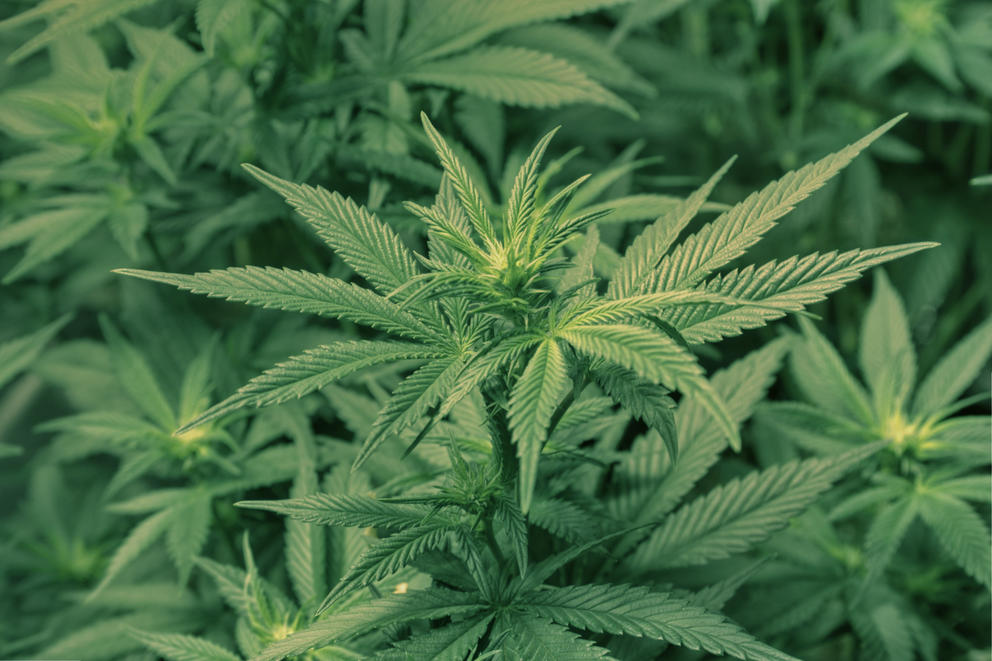Call it the dilemma of the law-abiding stoner: in a state that legalized marijuana three years ago, it’s still possible to live in a town or county where you can’t buy the stuff.
One lawmaker thinks he has a solution, or at least the start of one. On Monday, enough of his colleagues agreed with him to send his proposal to the voting docket in the state House of Representatives.
The proposal, House Bill 1438, would stop local governments in Washington from prohibiting the sale of marijuana within their borders, at least without voter approval. As it stands, marijuana is legal statewide, but cities, towns, and counties can still ban marijuana sales within their own borders, the same way they might ban unleashed dogs in parks. Since Initiative 502 passed, at least five cities banned the sale of the drug outright, and dozens more have used moratoriums to achieve the same result.
“They don’t seem to want to change,” said Representative David Sawyer, who sponsored the bill, “because they don’t like marijuana.”
Sawyer represents a district that includes parts of Tacoma, Spanaway, Lakewood, and Puyallup. Both Puyallup and Pierce County as a whole – which encompasses his entire district – have banned marijuana stores.
The Pierce and Puyallup governments followed the same strategy as municipalities and county governments across the state, claiming they needed more time to study the effects of marijuana legalization when Initiative 502 passed, to better phase it into their communities.
Time passed, and most of the bans remained. Last year, holdout local governments said they needed more money to research the effects of the law and handle policing, Sawyer said. They got it, but didn’t change their tone. Pierce County even added enforcement officers dedicated to shutting down marijuana retail storefronts.
“I don’t know where people can get off representing a county or a city, especially a city, where almost every precinct voted for legalized marijuana,” Sawyer said, “and then you choose to say: ‘Never. I know better than you.’”
If HB 1438 passes, citizens in any county or city would still be able to add a measure to local ballots to ban recreational marijuana stores, production, or processing - but if a city or county government wanted to do it, they would also have to put it to a vote first.
“I’m making a point to them, that if you’re not going to implement the law that the people passed, then the state’s going to have to come in and do your job,” Sawyer added.
With the state legislature’s summer move to combine the medical and recreational markets, the stakes are higher now, too. Without dispensaries, a ban on recreational stores also means medical patients lose convenient access to therapeutic marijuana, Sawyer said.
Republican Representative Cary Condotta voted for the bill in the committee, even though some of his fellow Republicans didn’t. This was because it makes sense as a practical step toward another goal, he said: beating the black market.
“We have to have geographic distribution to make this thing work,” Condotta said. “We can’t have whole areas of the state where it’s banned, because that’s where the bad guys will go.”
As it stands, lawmakers have heard consistently of marijuana-related crime concentrating in areas with bans, Condotta said. Without legal stores, the price stays high, which gives criminals a way to undercut the legal market.
And, at the end of the day, Condotta said, no matter how much it might go against the sensibilities of some, marijuana is now as legal as alcohol in Washington.
“People voted on this thing, and regardless of what your particular city or county did, it is a statewide law,” he said.
After Monday’s vote, which passed the bill out of the Commerce and Gaming committee, the bill will go back to the general assembly of the State House, to be taken up at the option of the leaders of that body.


